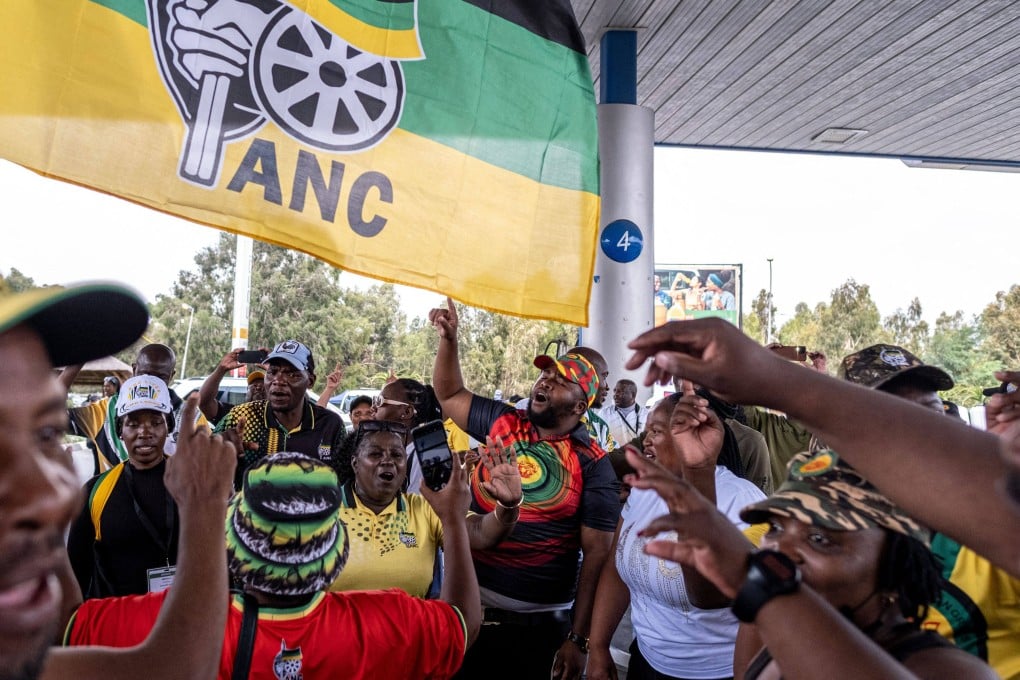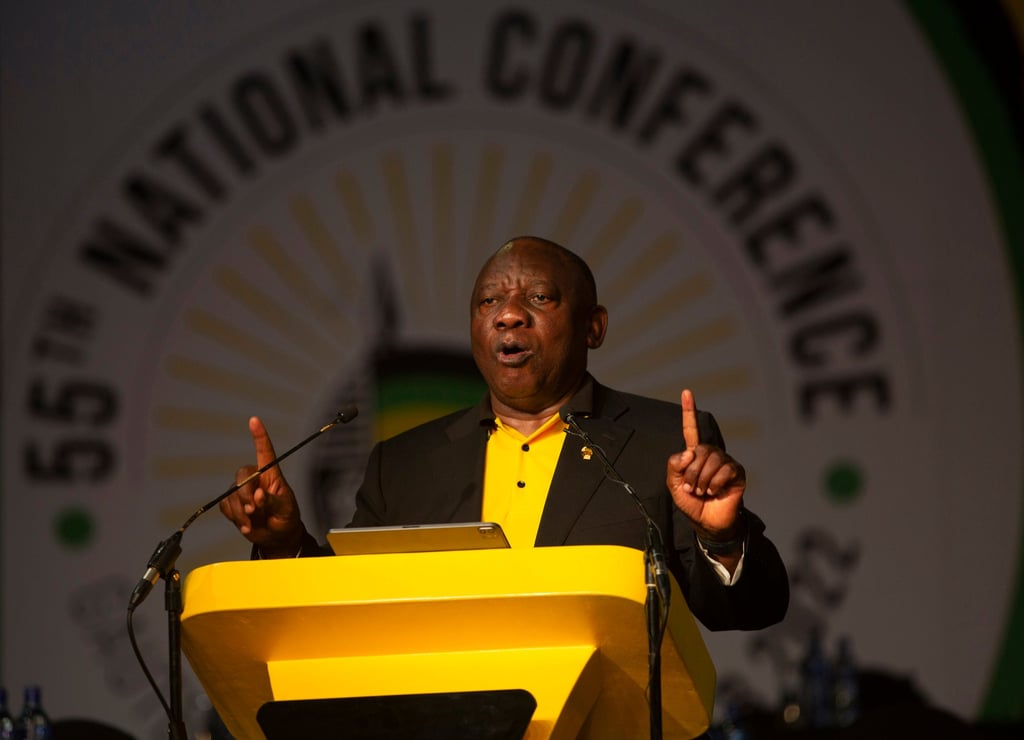Advertisement
How the political seeds of China’s growing Africa ties were planted long ago
- Many current ruling parties on the continent received Beijing’s support during their liberation movements
- China’s relations with South Africa seen as model for future outreach
Reading Time:4 minutes
Why you can trust SCMP
4

On Tuesday, South Africa’s ruling party, the African National Congress (ANC), brought its 55th National Conference to a close.
The five-day event held political drama for the ANC’s Cyril Ramaphosa, who survived a vote to start an impeachment process, and won a second term as the party’s leader.

Among the dignitaries was Chinese ambassador to South Africa Chen Xiaodong, who used an address to praise the strong diplomatic ties between the two countries.
Advertisement
“It is my honour and privilege to attend and address [the 55th ANC National Conference],” Chen said.
He also highlighted what he called a special friendship between China’s Communist Party and the ANC. “Let our two parties work together to advance China-South Africa comprehensive strategic partnership, and promote the China-Africa community.”
China looked “forward to working with the ANC to develop closer relations between the two countries, and deepen the bond between the two peoples,” Chen said.
Advertisement
Select Voice
Select Speed
1.00x
